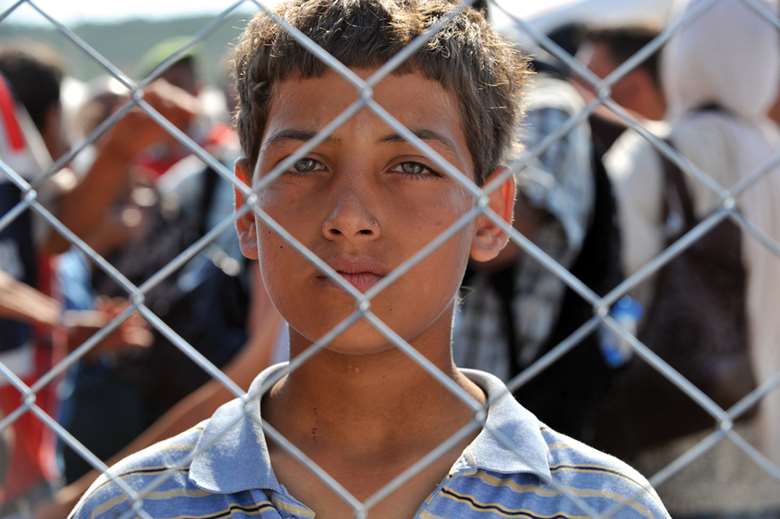Asylum-seeking children funding rates set for review
Neil Puffett
Wednesday, November 1, 2017
The amount of money councils receive from central government to cover the cost of looking after unaccompanied asylum-seeking children will be reviewed, it has been announced.

The move, which is part of a package of measures to feature in a new safeguarding strategy for unaccompanied asylum-seeking children, follows concerns raised by councils that existing Home Office funding does not cover the full cost of looking after children.
Local authorities are currently able to claim £41,610 a year for unaccompanied children under 16 and £33,215 a year for unaccompanied children aged between 16 and 17.
A number of councils have pulled out of a voluntary national dispersal scheme, designed to relieve the pressure on so-called "gateway authorities" such as Kent County Council, claiming that taking on additional unaccompanied children would leave them facing a massive bill.
Nottinghamshire County Council ended its involvement in the scheme in July, following in the footsteps of, among others, Leicestershire County Council.
The government strategy states that the funding review will conclude by April 2018.
"The government is committed to reviewing the funding that is available to support and care for unaccompanied asylum-seeking children on an ongoing basis," the strategy adds.
The government also intends to provide specialist training for 1,000 foster carers and support workers in order to improve their skills and confidence in caring for unaccompanied child migrants.
Meanwhile, guidance for councils on caring for unaccompanied migrant children and child victims of modern slavery will be updated, and research will be be commissioned on the effectiveness of existing support for unaccompanied children and families reunited under the Dublin Regulation and whether more help is needed.
The new training for foster carers and support workers will be backed with £200,000 of government money up to 2019.
An additional £60,000 has been set aside to revise guidance, and provide best practice guides for social workers, review of first encounter standards for the police, and provide comprehensive information for asylum-seeking and refugee children to make sure they understand their rights and entitlements.
Children's minister Robert Goodwill said: "Child refugees are some of the most vulnerable in our country, and it's vital that we support them as they build safer lives, often in the care of new families.
"Foster carers do an incredible job, but they must have tailored support to help them deal with the complex needs of these children. That's why we are funding this specialist training, to help them give the best possible support to the children in their care."
Places on the new training courses will be allocated to each local authority area based on the numbers they have under the national transfer scheme.
Immigration minister Brandon Lewis said: "The UK has a proud history of protecting those in need and this strategy is just one way we are ensuring unaccompanied asylum-seeking children with a right to be in the UK are supported.
"Last year almost 3,000 unaccompanied children claimed asylum in the UK and they all require ongoing care and protection. This strategy will increase the information and support available to the local authorities who play a crucial role in looking after them."
Lily Caprani, deputy executive director of Unicef UK, said: "The government's new safeguarding strategy and revised statutory guidance are positive steps forward for unaccompanied asylum-seeking and refugee children.
"Unaccompanied children in the UK are a particularly vulnerable group, with very specific needs that require a co-ordinated response prioritising children's rights and best interests.
"We welcome the holistic approach set out in the new safeguarding strategy, including improved training and support for social workers, increased educational support, and a better process for children with a right to have their asylum claim transferred to allow them to be with family in the UK."
Judith Dennis, policy manager at the Refugee Council, said: "We very much welcome the publication of this strategy and the work that has been done by both departments to make it happen.
"We are particularly pleased to see commitments to ensure foster carers and social workers understand the asylum process and are better able to meet the specific needs of children alone in the asylum system. We look forward to the actions promised in this strategy becoming a reality."
Plans for a strategy to improve support for unaccompanied children were first announced by former children's minster Edward Timpson in November 2016, and had been due to be published by May 2017.




